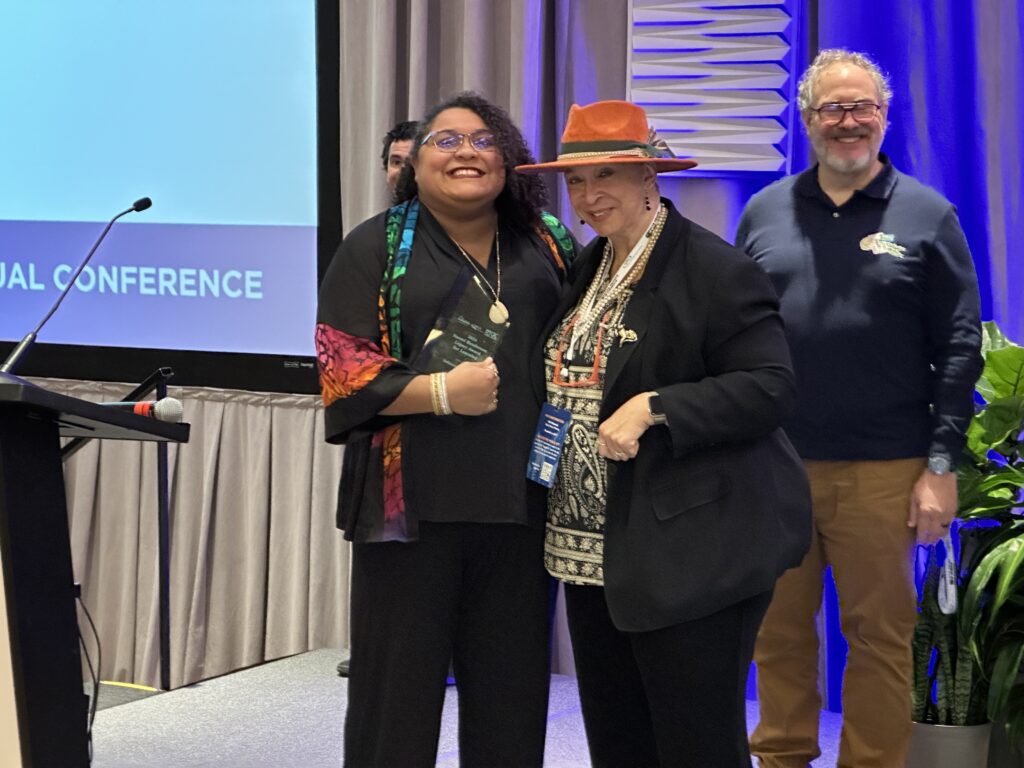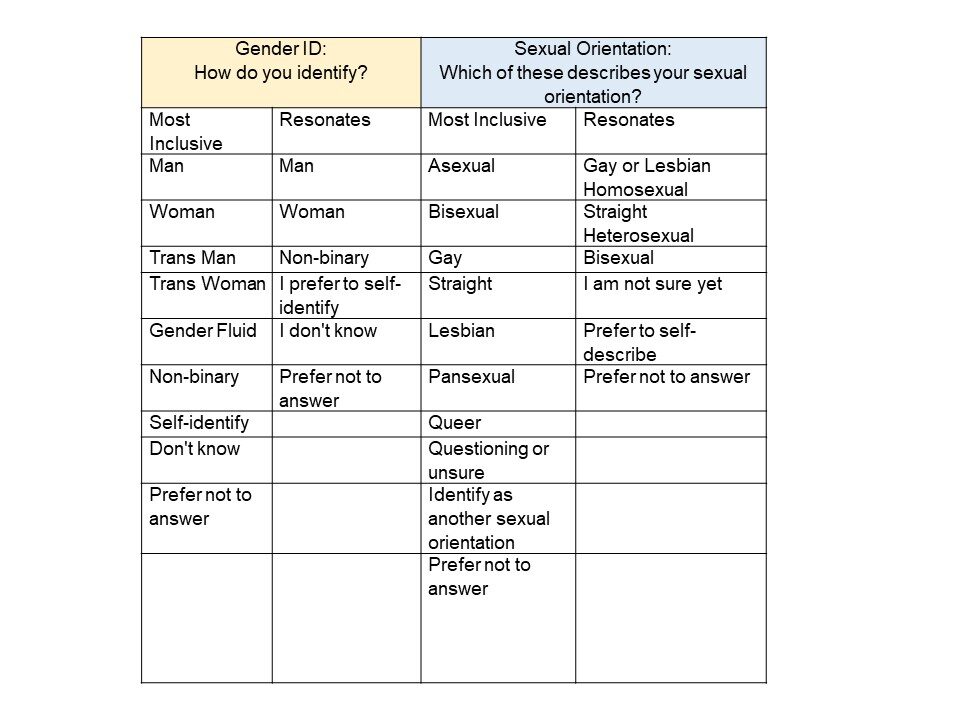Overall
Greetings. The following are some key takeaways from the conference in Denver last week. Approximately 200 attended the sessions. The most prominent issues on everybody’s mind were topics related to AI and gender and sexual identity.
Since AI is always in the news, it was very timely that the conference addressed the issue from several different perspectives.
- One perspective related to, let’s say, the dangers or the downsides of utilizing AI in qualitative research. The emphasis was less on the findings being artificial or unrelated to the data but more on how reliance on AI had a deleterious effect on the creativity, ingenuity, or new thinking related to the research and the consulting we do.
- Another perspective, and much more exciting for us and the research community, included some practical demonstrations about how to use AI to take care of some of the more tedious tasks in our work, such as writing guides and initial levels of analysis for reports. I left with the impression that something like ChatGPT is not the big, bad, evil thing we’re hearing concerning people’s creative work in television or entertainment and the idea of false narratives.
Another big issue discussed at the conference is advice on addressing gender and sexuality identity and how to ascertain that in an inclusive, non-judgmental manner. We received practical tips on inquiring about that in a screener or another situation.

Wednesday morning was devoted to giving out awards to QRCA members for service related to volunteering for the association, for encouraging the growth and promotion of opportunities for young professionals in the industry, and several named awards in honor of departed QRCA members: Marianne Pflug, Lloyd Harris, and the newest one, the Naomi Henderson Legacy Awards. I presented the Legacy Award for learning to Juliana De Micco from Brighthouse Financial, and we will see her at RIVA sometime this year. Daniel Berkal from the Palmerston Group won the award for Teaching. I spent time with both of them extensively over the conference. They are delightful people, and I’m sure we made the right choice.
Specific Details from Sessions
How to Utilize the Combined Power of Video and AI in QLMR
This session demonstrated how adopting AI to do some of the more tedious parts of a research project, such as the first draft of a guide or the first draft of the report based on transcripts, can substantially cut down on the time needed to produce the deliverables of a project. Further, AI can quickly locate and select video clips that provide impactful insights.
The demos I saw utilized ChatGbt4 (the paid version) and software offered by Voxpopme. There has been a revolution in the preparation of these materials that substantially reduces the time per task. This technology will not completely eliminate the need for human insight to interpret the nuances of the data and the findings, but it could reduce time on task.
How and When to Ask Gender Identity
- Sexual identity is the sex you were assigned at birth.
- Gender identity can be expressed as congruent with the sexual identity assigned at birth or in other descriptive fashions.
- Non-binary individuals may feel like either gender, neither gender, or both at any given moment.
- Traditional screeners, when asking about gender, generally rely on the typical male/female distinctions or “other.” For people who don’t conform to the classic male/female identity, “other” is off-putting and invalidates their experience. Inclusivity is the notion that any individual can be addressed or referred to singularly or maybe collectively.
- Rather than narrowing people to tight options, the recommendation is for people to self-identify; therefore, they have a choice over how they wish to be seen. Work is being done by the IDEA council, which is involved or has been involved in research ongoing research to identify either gender identity or sexual orientation.
- The session pointed out that most of the time, you don’t need to inquire as to the specifics of all potential respondents’ sexual orientation and possibly gender orientation unless it’s pertinent to the study that you’re doing. Gender identity is most often enough.
- The chart below shows preliminary results from the research, the most inclusive options for each category, and an abbreviated list that most will find acceptable. Research is ongoing.

Into the Wild: Cultivating the Hidden Power of Intercepts
- The presenter views intercepts as a superpower often overlooked in many studies.
- It is not meant to replace other forms of QLMR – but is used as an adjunct. The presenter often positions herself in the client’s stores or other locations to get live, unfiltered impressions from actual product users in real-time.
- These intercepts can quickly uncover issues that matter to customers or highlight the intensity of the feelings.
Written by: Jo Ann Hairston, Co-Founder/Master Trainer of RIVA

